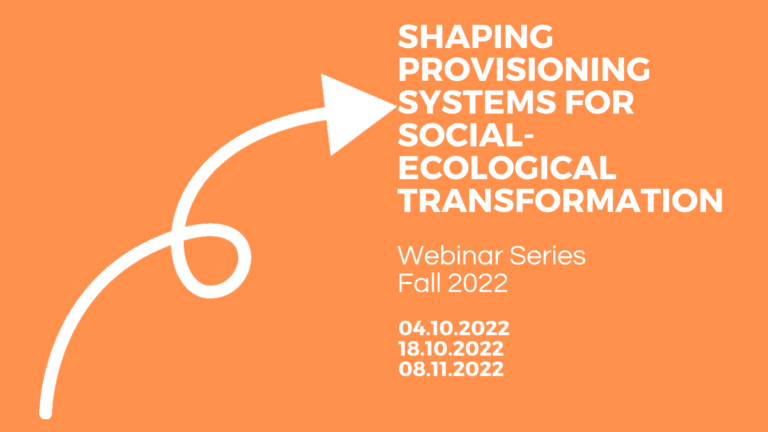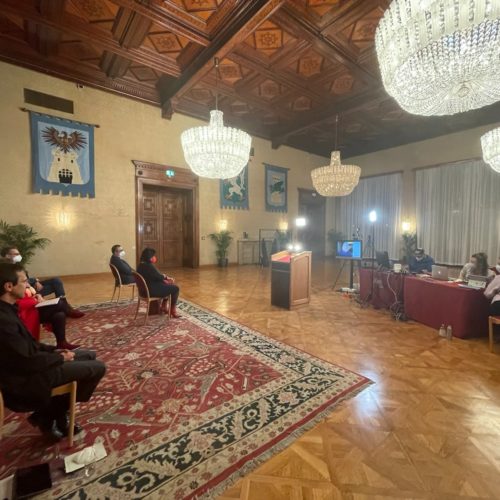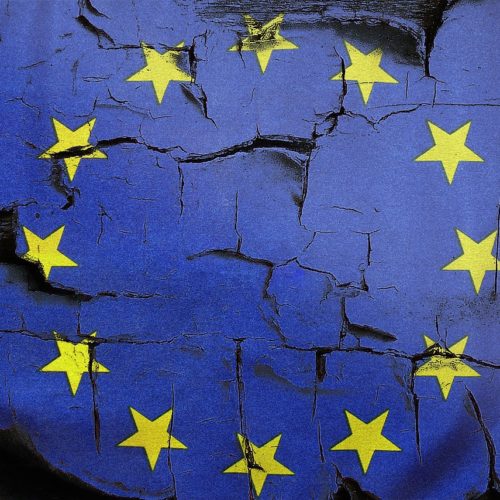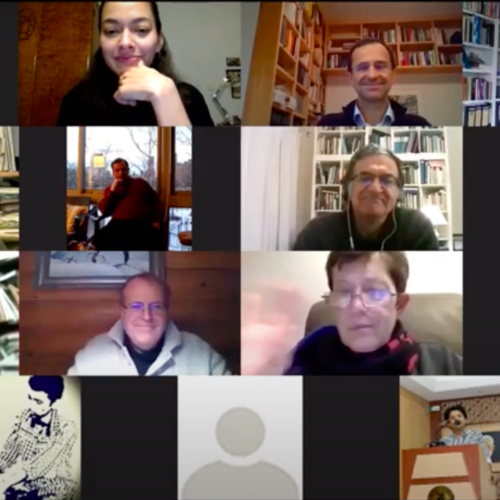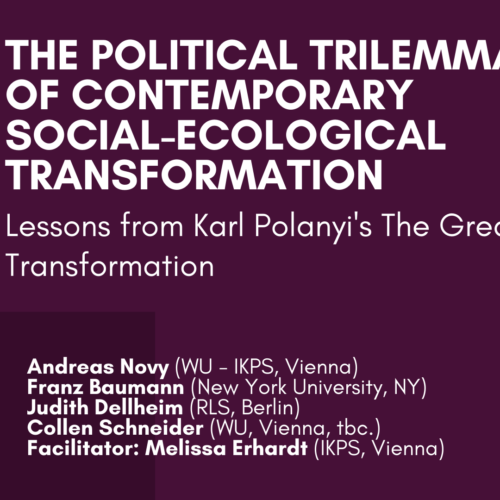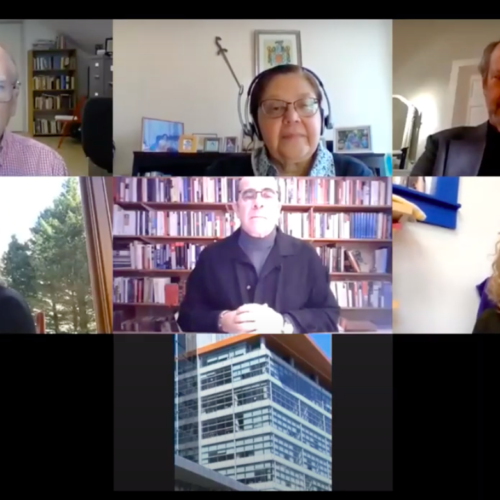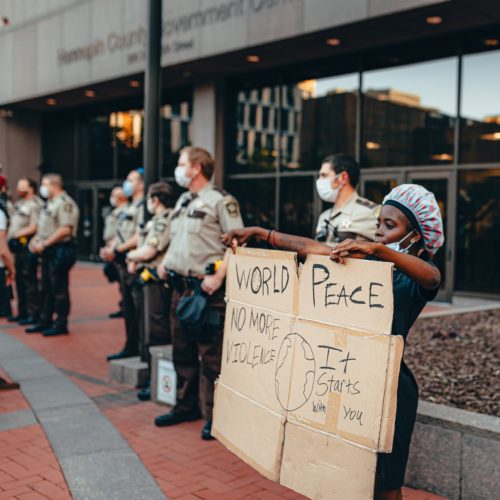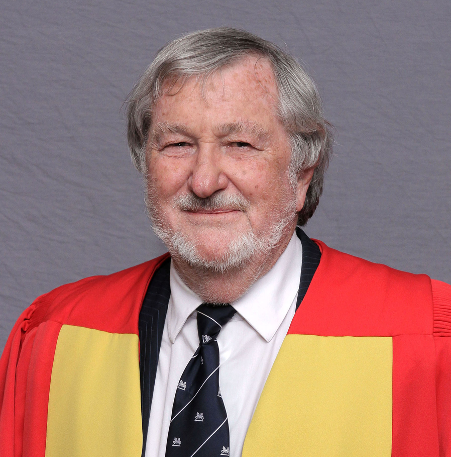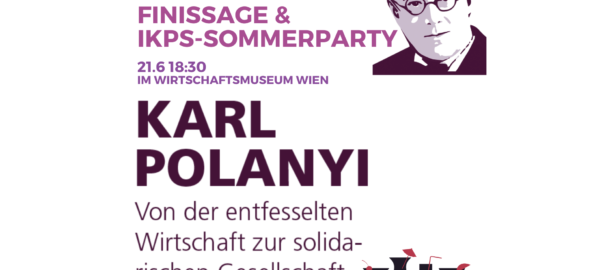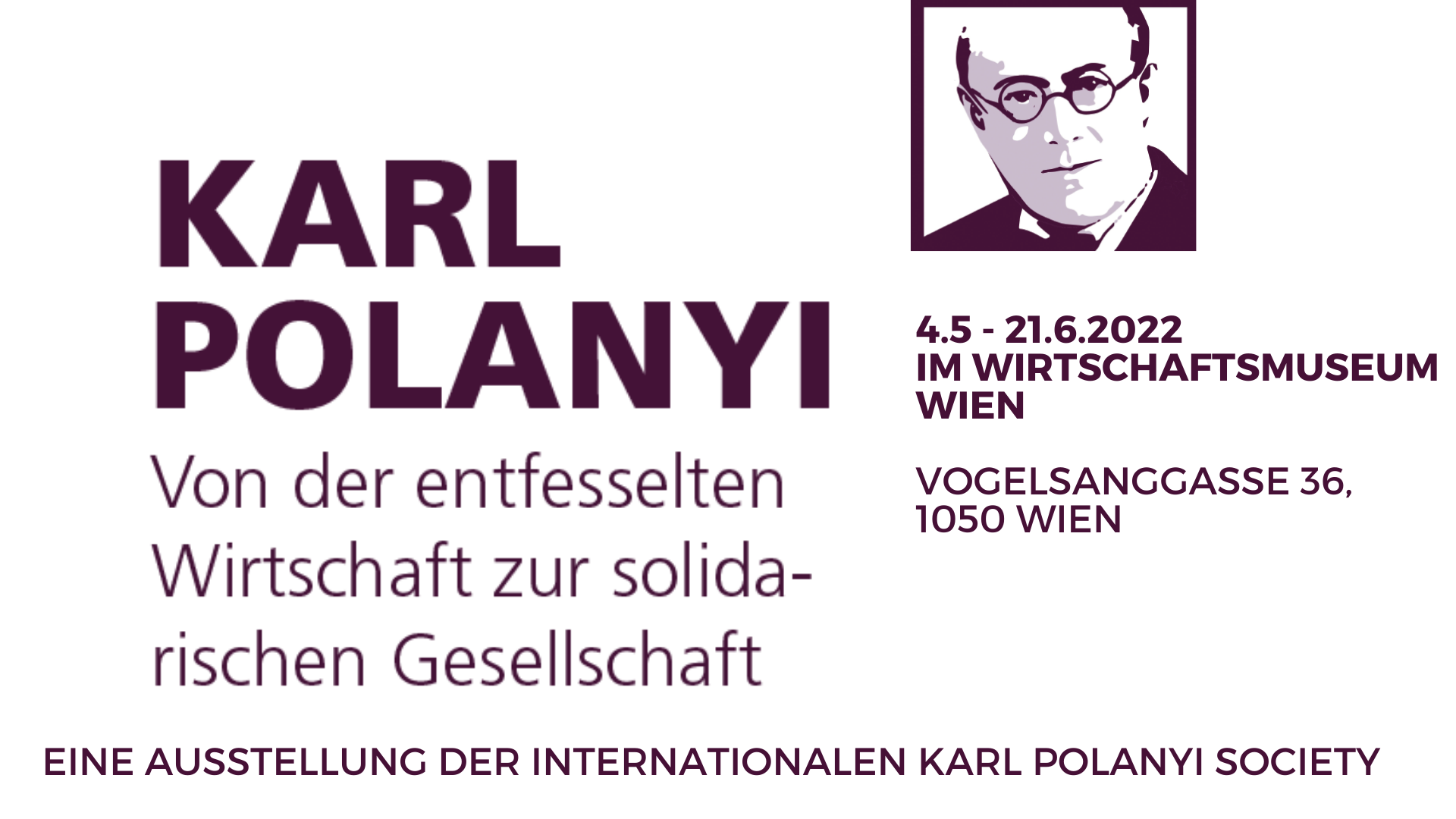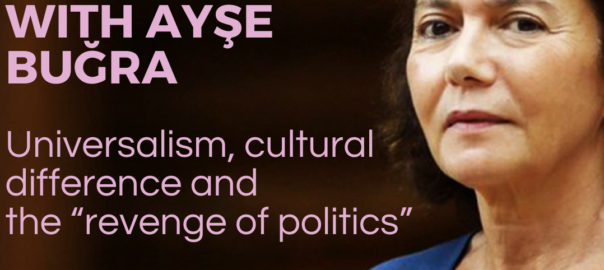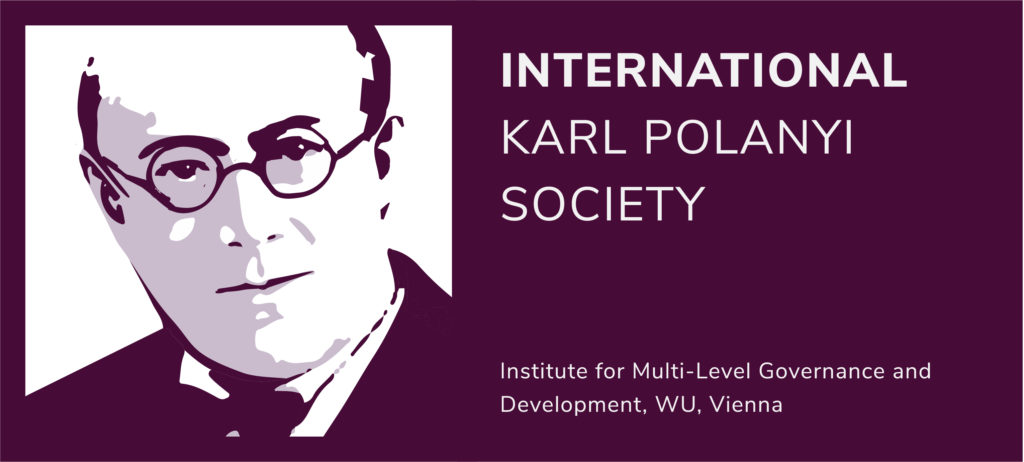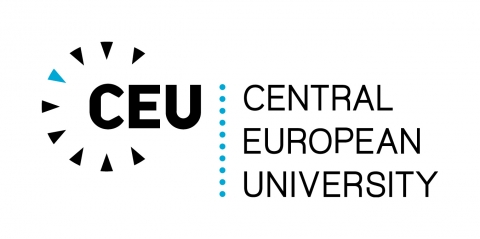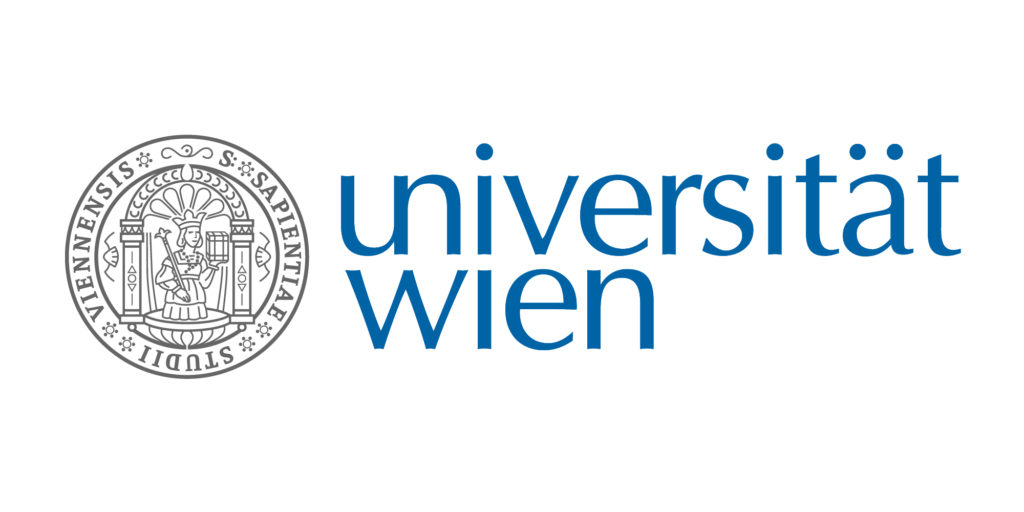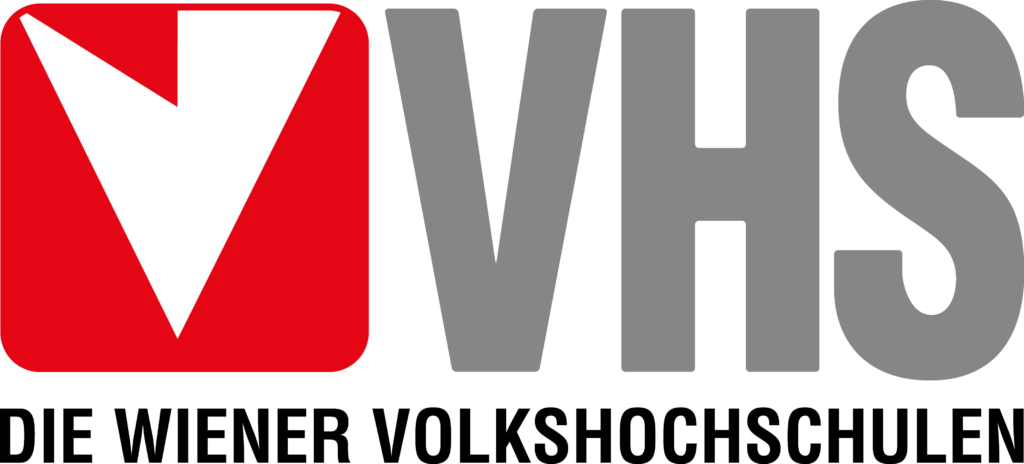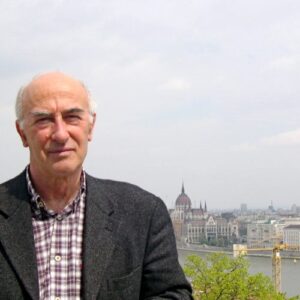Fall 22 Webinar Series
Shaping provisioning systems for social-ecological transformation
We are delighted to inform you of our upcoming Fall 22 webinar series on “Shaping Provisioning Systems for Social-Ecological Transformation” after our sucessful Deglobalization & Social-Ecological Transformation series.
31st July, 2022
Shaping Provisioning Systems for Social-Ecological Transformation Webinar Series
In light of accelerating social-ecological crises, the IPCC report calls for “rapid, far-reaching and unprecedented changes in all aspects of society to limit global warming to 1.5 degree Celsius”. How can such an unprecedented transformation take place? Climate research has increasingly highlighted the insufficiency of individual behavioral changes (e.g. green consumerism), shifting the attention to the framework conditions – so-called provisioning systems (e.g. those for energy, food, or mobility) – that enable and constrain individual behavior. Provisioning systems, including elements such as infrastructures and diverse regulations, structure how everyday life can be lived, thereby establishing the conditions of possibility for climate-friendly living. While it is desirable to behave responsibly within existing framework conditions, it is much more important that more and more actors work together to change them. Thus, the key challenge of a social-ecological transformation consists in shaping provisioning systems collectively in a coordinated and goal-oriented way. This webinar series, consisting of three webinars, addresses this challenge from various angles.
Dates
October 4th 2022, 6:30 pm (CET)
A match made in heaven? Synergies between ecological and social provisioning outcomes
October 18th 2022, 6:30 pm (CET)
My good life without me? Potentials and obstacles in democratizing provision systems for a social-ecological transformation
November 8th 2022, 6:30 pm (CET)
Transformation, here and now? Intervention strategies for a social-ecological transformation in diverse provisioning systems
Organized by:
Institute for Ecological Economics (WU Vienna);
International Karl Polanyi Society
Find out more about our Webinar Series
More ‘News’:


